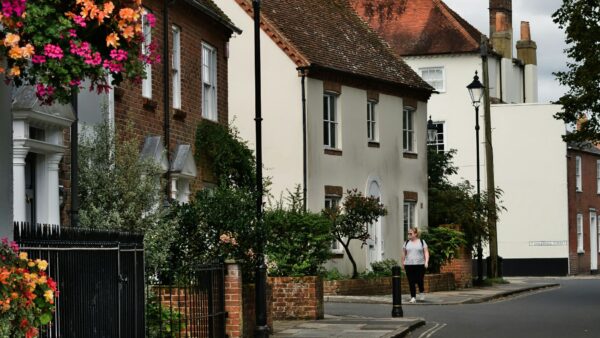New energy efficiency rules for landlords owning properties in the private rented sector in England and Wales have now come into force, with industry leaders urging those affected to ensure that they are compliant.
Industry organisations are concerned that many agents and landlords are unaware the new legislation to bring in the new energy efficiency regulations went through in the middle of March with the new requirements in place since 1 April.
The change has introduced a new self-funding element for residential landlords that will take effect if landlords are unable to access third-party funding to improve any rental properties with F or G ratings.
This element is capped at £3,500 including VAT per property. It means that a landlord without funding must spend up to this amount to improve the property to a minimum E rating.
Landlords with properties that have an energy performance rating of F or G will be expected to pay up to £3500 from 1 April, in order to improve the energy efficiency rating of the property.
A large number of landlords will already be compliant as since April 2018 it has been a requirement for any properties rented out in the private rented sector under new tenancies to have a minimum energy performance rating of E on an Energy Performance Certificate (EPC).
The regulations will come into force for all existing tenancies on 1st April 2020 meaning that those with existing ‘no cost’ registered exemptions will have until then to get their properties prepared.
The National Landlords Association (NLA) said that landlords who have a current exemption should make sure that they know whether this will be affected by the new regulations, and seek a new exemption if appropriate after 01 April 2019.
Landlords with F or G rated properties should review their Energy Performance Certificate which indicates what changes they can make to increase the rating of their property, and ensure they meet the requirements or have a valid exemption.
The Residential Landlords Association (RLA) claim the average cost to improve an F or G rated property to a band E is expected to be around £1,200, well below the upper ceiling being brought forward under the new regulations.
Examples of measures include installing floor insulation, low energy lighting or increasing loft insulation. If upgrades will cost more than £3,500, landlords will be able to register for an exemption.










